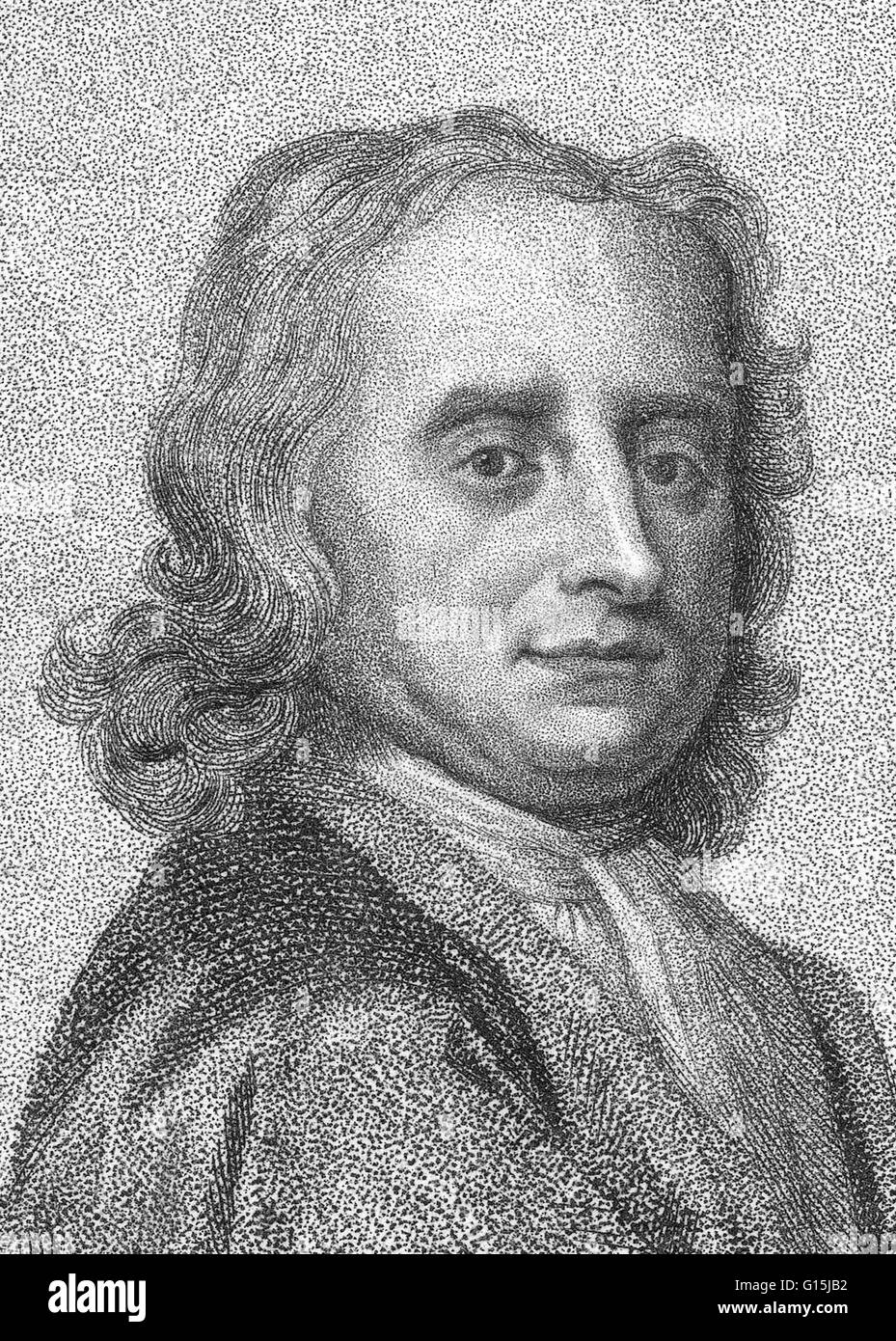Isaac Newton (December 25, 1642 - March 20, 1727) was an English physicist, mathematician, astronomer, natural philosopher, alchemist, and theologian. His monograph Philosophae Naturalis Principia Mathematica, published in 1687, lays the foundations for m

Image details
Contributor:
Science History Images / Alamy Stock PhotoImage ID:
G15JB2File size:
36 MB (2.7 MB Compressed download)Releases:
Model - no | Property - noDo I need a release?Dimensions:
3000 x 4195 px | 25.4 x 35.5 cm | 10 x 14 inches | 300dpiPhotographer:
Photo ResearchersMore information:
This image could have imperfections as it’s either historical or reportage.
Isaac Newton (December 25, 1642 - March 20, 1727) was an English physicist, mathematician, astronomer, natural philosopher, alchemist, and theologian. His monograph Philosophae Naturalis Principia Mathematica, published in 1687, lays the foundations for most of classical mechanics. In this work, Newton described universal gravitation and the three laws of motion, which dominated the scientific view of the physical universe for the next three centuries. Newton showed that the motions of objects on Earth and of celestial bodies are governed by the same set of natural laws, by demonstrating the consistency between Kepler's laws of planetary motion and his theory of gravitation, thus removing the last doubts about helio-centrism and advancing the Scientific Revolution. The Principia is generally considered to be one of the most important scientific books ever written. Newton built the first practical reflecting telescope and developed a theory of color based on the observation that a prism decomposes white light into the many colors that form the visible spectrum. He also formulated an empirical law of cooling and studied the speed of sound. In mathematics, Newton shares the credit with Gottfried Leibniz for the development of differential and integral calculus. He also demonstrated the generalized binomial theorem, developed Newton's method for approximating the roots of a function, and contributed to the study of power series. He died in his sleep in 1727 and was buried in Westminster Abbey. After his death, his hair was examined and found to contain mercury, probably resulting from his alchemical pursuits.